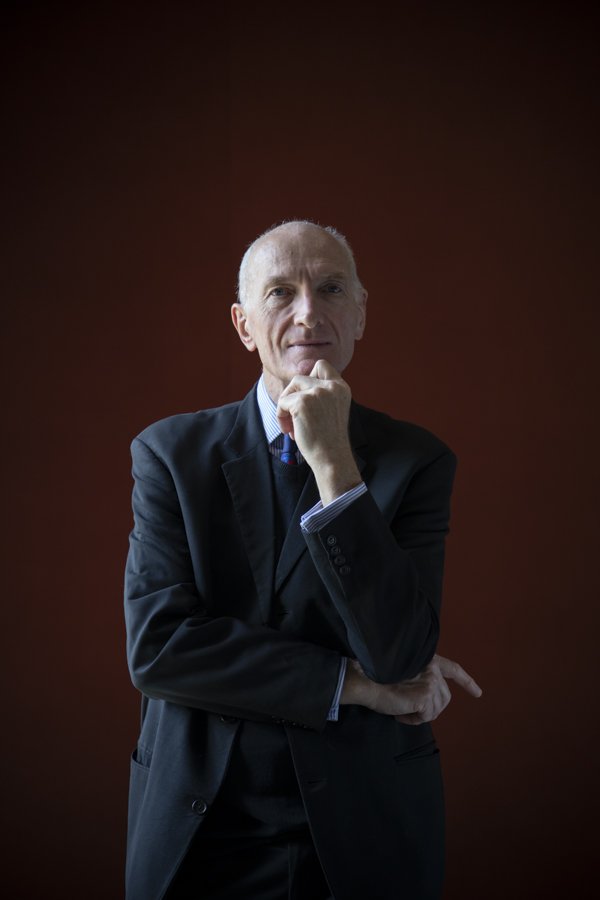Portraits I (2019)
Edwin Cameron
BA Jurisprudence 1976
Honorary Fellow
Former Justice of the Constitutional Court of South Africa
Human Rights and Gay Rights Activist
Hailed by Nelson Mandela as one of South Africa’s new heroes, Justice Edwin Cameron is an internationally renowned human rights advocate and prominent campaigner in the fight against HIV/AIDS. He worked as a human rights lawyer during apartheid, defended ANC members and fought for gay and lesbian equality. Openly gay since the early 1980s, he was the first and is still the only senior African official to state publicly that he is living with HIV/AIDS, and was an outspoken critic of President Mbeki’s AIDS-denialist policies. An accomplished author, his prize-winning memoir, Witness to Aids, has been published worldwide. He has received many awards and honorary doctorates and is still involved in many charitable and public causes.
He spent much of his childhood in an orphanage (his father was imprisoned for car theft and his mother was unable to support him) but won a scholarship to one of South Africa’s best state schools, where he excelled and went on to Stellenbosch University to study Latin and Classics. In 1976 he was granted a coveted Rhodes Scholarship and came to Keble. He was awarded BA and then BCL first class honours, the Jurisprudence Prize and Vinerian Scholarship.
“The rigorous Law teaching of Professor Jim Harris, in particular, played a critical role in shaping my legal thought and practice. I remain proud to be associated with Keble as a college that actively seeks to diversify its intake and create opportunities for those excluded in the past.”
In August 2019, he retired as Justice of South Africa’s highest court, the Constitutional Court, on the 25th anniversary of his appointment as a judge.The news prompted an avalanche of tributes and praise; one anonymous post summing up national consensus:
“One of the most brilliant legal minds this country has ever produced and one of the most humble, compassionate, caring human beings you could ever meet. The dignity and rights of South Africa’s most vulnerable were protected under his watch.”
